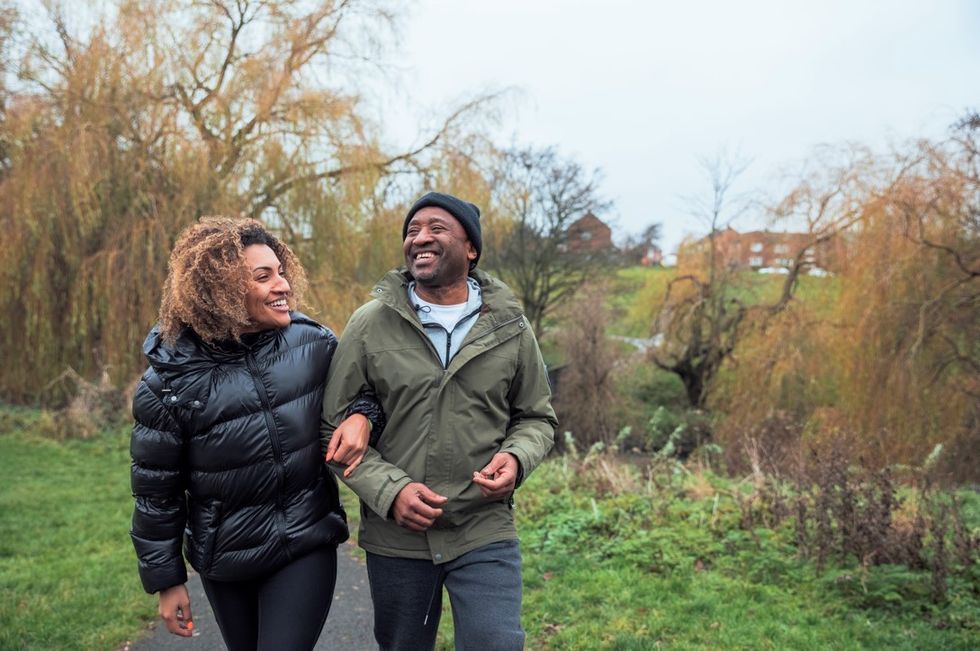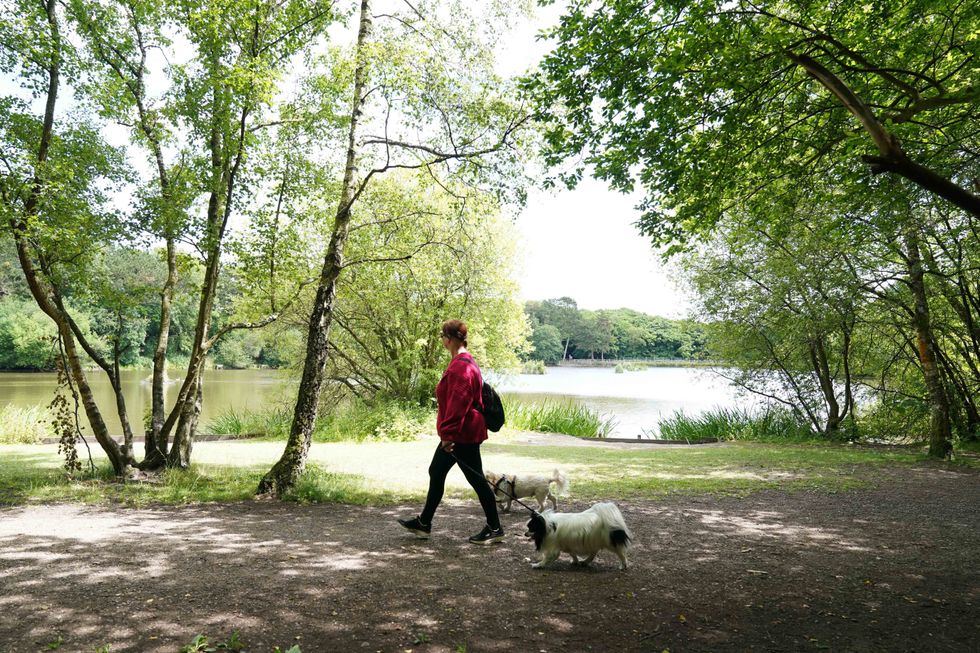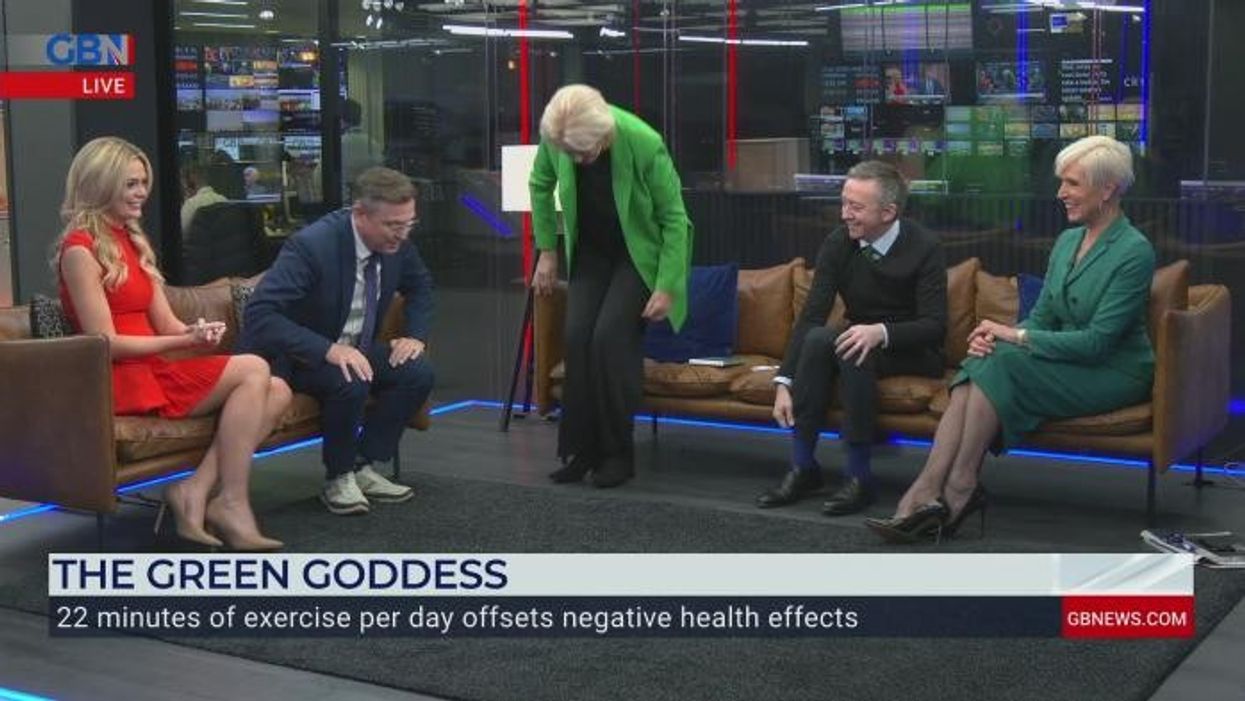Making a small change in how you walk could slash your risk of type 2 diabetes

New research has found walking can dramatically reduce the risk of type 2 diabetes
Don't Miss
Most Read
Type 2 diabetes (T2D) can be difficult to manage and affect all aspects of life.
Scientists have found how Britons can reduce their risk of the illness by tweaking how they walk.
This is according to a new study published in the British Journal of Sports Medicine.
It looked at the relationship between walking speed and developing T2D in adults.

Walking at a quicker speed can slash the risk of T2D
|GETTY
The research studied adults walking at different speeds over a period of time to identify their chances of getting the illness.
Participants walked at less than 3.2 km/hour, 3.2-4.8 km/hour, 4.8-6.4 km/hour and over 6.4 km/hour.
All those who took part had similar physical activity levels and walked around the same amount of time each day.
However, the research found those who walked at a speed of 4 km/hour or above "significantly" reduced their risk of T2D.
Walking at a faster speed was found to have the best results when it comes to delaying diabetes but all exercise is good for this.
There is overwhelming evidence that walking and exercising regularly can reduce the risk of T2D as well as illnesses such as heart disease and dementia.
A study published in the National Institute of Health found walking half an hour a day and following a low-fat diet could slash the risk by 58 per cent.
This comes as a doctor shared exercise is the best way to add years to your life.
LATEST DEVELOPMENTS

Exercise has lots of health benefits
|PA
Dr Peter Attia said: "Exercise is hands down the most potent tool or intervention we have to affect both of the metrics we care about - lifespan and healthspan.
"On the lifespan side of the equation, having a very high degree of cardiorespiratory fitness, having high muscle mass and high strength, relative to your sex and age, is a better predictor of longer life.
"[This means] a great reduction of all causes of mortality... than anything else we have."











